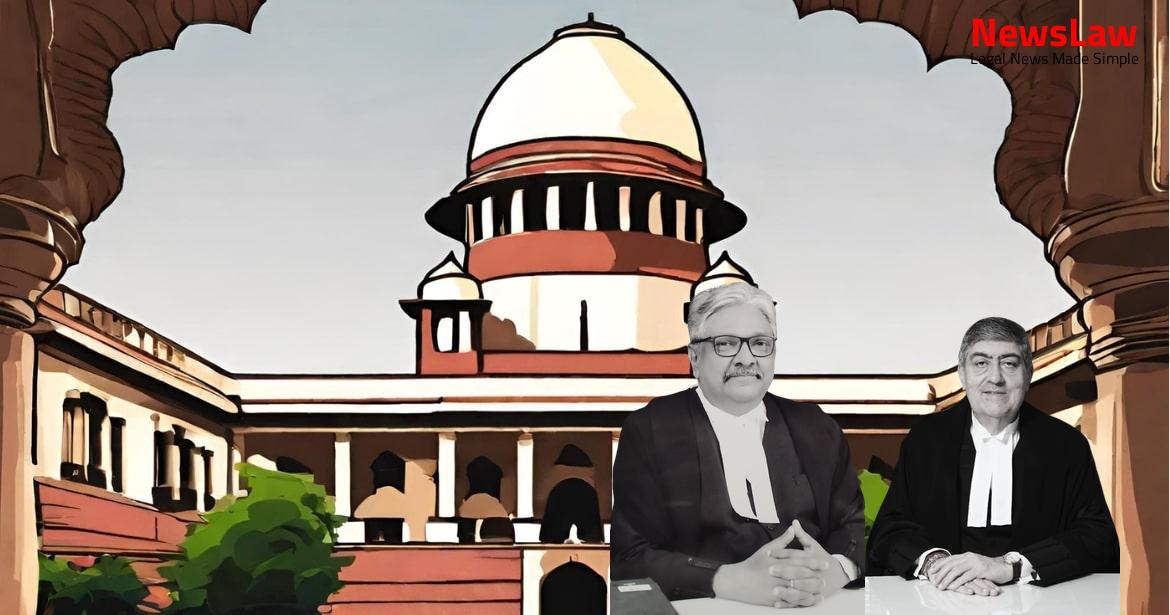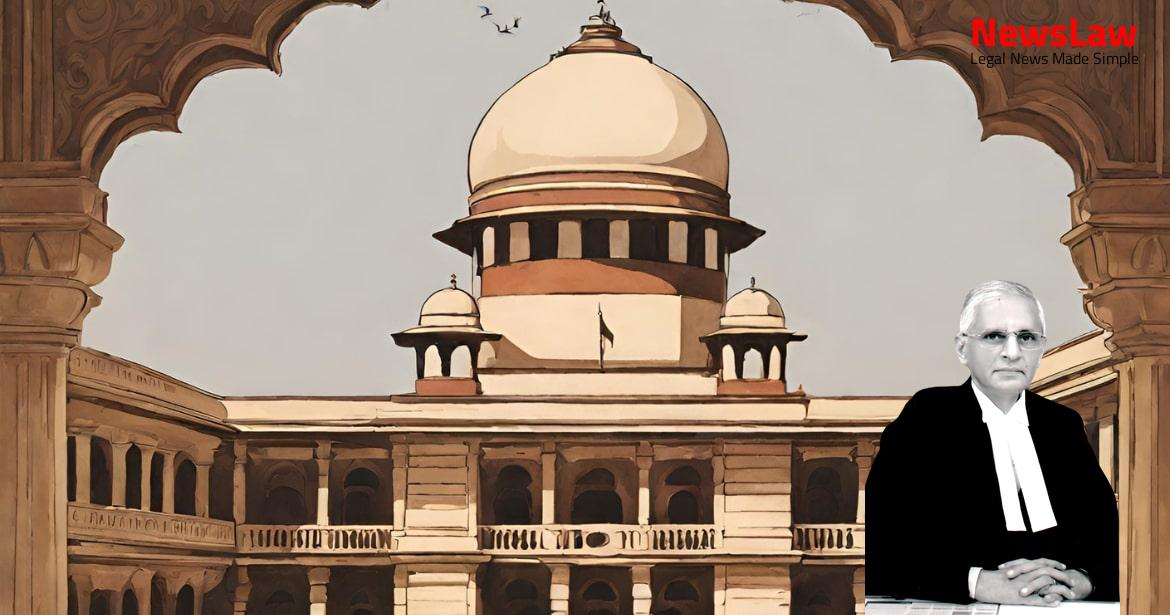The legal battle between the State of Bihar and the retired employees revolves around the contentious Cut-Off Date issue. The petitioners, retired teaching and non-teaching staff of deficit grant minority colleges, are challenging the alleged discriminatory treatment post-retirement. The respondents, including the State of Bihar and affiliated Universities, argue about the authority’s discretion in setting cut-off dates. Let’s explore the nuances of this case.
Facts
- Resolution No.1500 introducing the Triple Benefit Scheme was passed on 05.11.1980.
- Chancellor approved the statute for the Triple Benefit Scheme on 18.11.1980.
- Amendment to the statute was made on 25.11.1982.
- Appellants are retired teaching and non-teaching employees of deficit grant minority colleges in Bihar.
- Appellants allege discriminatory treatment between those who retired before and after 31.08.2010 regarding the Triple Benefit Scheme.
- Appellants have impleaded the State of Bihar and affiliated Universities as respondents.
- Appellant’s argument regarding violation of principles of natural justice was considered.
- The Division Bench of the Patna High Court dismissed the writ petition filed by the appellant.
- Impugned order dated 8.11.2017 did not favour the appellant’s endeavour.
Also Read: Supreme Court Judgment on Single Till Mechanism for HRAB Calculation: A Comprehensive Analysis
Arguments
- The plea on behalf of the appellants is based on a discrimative practice and the cut-off dates being provided, which is argued to be in violation of principles of law laid down in D.S. Nakara & Ors. v. Union of India.
- Learned counsel for the appellants argue that the cut-off dates are discriminative.
- Learned counsel for the respondents point out that it is open to the State or the Corporation to change the conditions of service unilaterally, including terminal benefits and pensionary benefits.
- Refers to the judgment in State of West Bengal & Ors. v. Ratan Behari Dey & Ors. which opined that revising salaries, pay scales, and terminal benefits/pensioners’ benefits can be made as a concomitant of that power.
Analysis
- In 1998, a representation was made to extend the Triple Benefit Scheme to employees in deficit colleges.
- After enquiries, on 18.01.2011, a resolution was passed extending the Scheme to deficit colleges.
- The extended Scheme did not form part of the original terms and conditions of employment.
- The Amendment came into effect on 15.01.2014 with a cut-off date of 31.08.2010.
- The benefits were provided retrospectively from the date of the Cabinet decision.
- Government decisions on financial implications need leeway, especially for non-constituent unit colleges.
- The Executive authority has the discretion to fix a particular date for various reasons including economic conditions and administrative circumstances.
- Court should not interfere in the fixation of a cut-off date by the Executive unless it leads to blatantly capricious or outrageous results.
- Exercise of judicial restraint is necessary, and matters of fixing cut-off dates should be left to the Executive authorities.
- Government should have leeway and freedom in fixing cut-off dates for schemes or benefits.
- Financial implications should be considered while extending benefits, and retrospective effect can be given based on the rationale of the date of the decision.
- Absence of arbitrariness and rationality should be the basis for the applicability of cut-off dates in amendments to schemes or statutes.
Also Read: Selection and Appointment of Judicial Officers in Himachal Pradesh
Decision
- The court upheld the claim made by Petitioner A in relation to the RPC violation
- Respondent X was mandated to take corrective action to address the RPC violation
- The judgement highlighted the importance of upholding ethical standards in RPCs
- Petitioner A’s concerns regarding the RPC were deemed valid by the court
- The court emphasized the need for accountability in cases involving RPC violations
Case Title: MD. ALI IMAM Vs. THE STATE OF BIHAR THR. ITS CHIEF SECRETARY (2020 INSC 129)
Case Number: C.A. No.-000990-000992 / 2020



